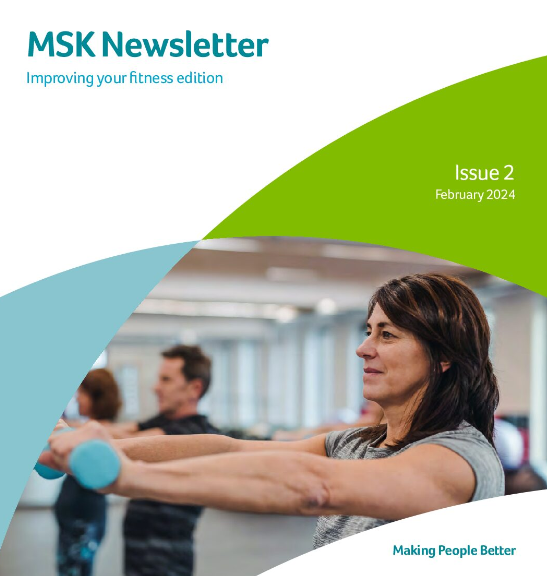Each year on May 12th, people around the world observe Fibromyalgia Awareness Day.
Although millions of people in the UK suffer with fibromyalgia – also known as fibromyalgia syndrome (FMS) – it’s often a misunderstood condition.
So, our experts have shared a quick guide on fibromyalgia to help us all understand more and be better equipped to help friends, family and colleagues who live with it.
What is fibromyalgia?
Fibromyalgia is a long-term health condition that can cause pain and tenderness all over the body. The condition is thought to be caused by the nervous system and the spine not being able to control or process pain signals from other parts of the body.
Fibromyalgia symptoms are often confused with those of arthritis or joint inflammation. Although fibromyalgia does not cause joint or muscle inflammation and damage, it can increase a person’s feelings of joint or muscle pain.
Fibromyalgia symptoms
Some of the most common fibromyalgia symptoms include (but are not limited to):
- Widespread pain throughout the body, which may be worse in particular areas, such as your neck or back. The pain could feel like an ache, a burning sensation or a sharp, stabbing pain.
- Extreme sensitivity which can lead even the slightest touch to feel painful. If someone with fibromyalgia hurts themselves, for example by stubbing their toe, the pain may continue for much longer than it normally would.
- Stiffness which may be most severe when sitting or lying in the same position for a long period of time.
- Fatigue, which can range from feeling mildly tired to the level of exhaustion felt during a flu-like illness.
- Poor sleep quality, otherwise known as non-restorative sleep, can mean people wake up tired, even when they’ve had plenty of sleep.
- Cognitive problems, which you may hear described as ‘fibro-fog’. People with fibromyalgia may have trouble remembering and learning new things, problems with attention and concentration or slowed or confused speech.
- Feeling too hot or too cold because people are not able to regulate their body temperature.
- Tinging, numbness, prickling or burning sensations in hands and feet.
Facts about fibromyalgia
It’s estimated that somewhere between 1.8 million and 2.9 million people in the UK have fibromyalgia*.
Fibromyalgia most commonly develops between the ages of 25 and 55, although children can also get it*.
Fibromyalgia occurs more commonly in women*.
There is no exact known reason for fibromyalgia. However, it does seem to be commonly linked with other conditions such as arthritis and ankylosing spondylitis.
Fibromyalgia may be triggered by a traumatic event such as a car accident or major operation, mental health and wellbeing, emotional trauma genetics, and sleep and mood disorders**.
Treatment for fibromyalgia
There is no single treatment that will help to manage all symptoms of fibromyalgia and treatments that work for some people, may not work for others.
However, there are a variety of successful treatment methods people with fibromyalgia use** which tend to fall into three categories:
- Exercise
- Talking therapies
- Medicines
Your GP, or another healthcare professional treating you, can advise and support you in making these changes part of your everyday life. If you think you, or a friend or family member has fibromyalgia, see a GP for support.
*Versus Arthritis
**NHS








